V. CREATING A MIGRANT CRISIS AGAINST HUMANITY
The U.S. government has often interfered in other countries' internal affairs by wielding the club of "human rights." However, the policy of separating migrant children from their families has severely endangered the migrants' lives, dignity, freedom and other human rights. The migrant and refugee crisis has even been used as an instrument for American partisan attacks and political strife. Constant government policy changes and police brutality adds to the sufferings of the migrants who have already been subject to extended custody, cruel torture, forced labor and many other inhumane treatments.
Asylum seekers are subject to police brutality. In 2021, the humanitarian crisis continued to intensify as the southern border of the United States saw an increasing inflow of migrants, and border enforcement officers used increasingly violent means to expel or prevent asylum seekers from entering the country.
Data released by U.S. Border Patrol shows that in fiscal year 2021, as many as 557 migrants died on the southern border of the United States, more than double the previous fiscal year, hitting the highest number since records began in 1998. Media reports say this does not reflect the dire situation on the U.S. southern border and "the real number of migrant deaths may be greater."
The USA Today website reported on Nov. 29, 2021 that from January to November 2021, there have been more than 7,647 publicly reported cases of murder, rape, torture, kidnapping and other violent assaults against asylum seekers.
In September 2021, more than 15,000 asylum seekers from Haiti crowded under a bridge in the Texas border town of Del Rio, sleeping in squalid tents or dirt in the sweltering heat, and surrounded by trash under dire living conditions. U.S. border patrol authorities brutalized the asylum seekers, with patrols on horseback, brandishing horsewhips and charging towards the crowds to expel them into the river. The footage of the scene immediately sparked outrage when they were released.
CNN commented that this scene is reminiscent of the dark era in American history when slave patrols were used to control black slaves. The New York Times commented that "there were the outrageous images of agents on horseback herding the migrants like cattle" and the U.S. government in general always seems to say the right things on racial issues, but too often their deeds come up short when measured against their talk.
Facing a flood of criticism, the U.S. government soon forcibly deported thousands of asylum seekers back to Haiti, most of whom had not lived there for nearly a decade since the 2010 earthquake in Haiti.
On Oct. 25, 2021, the UN Human Rights Council Special Rapporteur on contemporary forms of racism and the Working Group of Experts on People of African Descent issued a statement, condemning the systematic and mass deportation of Haitian refugees and migrants by the United States without assessing the individuals' situation was a violation of international law, "the mass deportations seemingly continue a history of racialized exclusion of Black Haitian migrants and refugees at U.S. ports of entry."
Dissatisfied with the U.S. government's inhumane handling of Haitian migrants and refugees, Daniel Footie, the U.S. special envoy for Haiti, resigned in anger after just two months in office.
Immigrant children face prolonged detention and abuse. "And while Biden has officially ended Trump's policy of 'family separation,' his use of Title 42 has created family separation 2.0," USA Today website reported on Nov. 29, 2021. It forced many minors to separate from their parents.
"There are more than 5,000 unaccompanied children in U.S. Customs and Border Protection custody," CNN reported on April 23, 2021. Many of them have been staying in custody for longer than the 72-hour limit set by federal law, it added.
"A stash of redacted documents released to the human rights group (Human Rights Watch) after six years of legal tussles uncover more than 160 cases of misconduct and abuse by leading government agencies, notably Customs and Border Protection and U.S. Border Patrol," The Guardian reported on Oct. 11, 2021. "The papers record events between 2016 and 2021 that range from child sexual assault to enforced hunger, threats of rape and brutal detention conditions."
Conditions in private detention facilities where migrants are held are poor. Most of the detention facilities in the United States are built and operated by private companies. In order to reduce operating costs and maximize profits, private companies generally build in accordance with the minimum standards contracted with the government, resulting in poor detention facilities and a harsh internal environment. A lack of supervision has led to chaotic management of the detention facilities and repeated violations of human rights, while detainees suffered varying degrees of physical and mental health damage.
U.S. authorities detained more than 1.7 million migrants along the Mexico border during the 2021 fiscal year that ended in September.
Among them, up to 80 percent are held in private detention facilities, including 45,000 children.
"Conditions were deteriorating inside the 'emergency intake' shelter erected in the harsh desert of Fort Bliss (Texas)," reported the El Paso Times on June 25, 2021.
"There were nearly 5,000 children there, and some 1,500 children are still being held at the troubled site, where conditions in 'jam-packed' tents resembled 'a stockyard,' were 'traumatizing' and risky for the children's health and safety, according to half a dozen current and former workers, volunteers and civil servants, as well as internal emails obtained by the El Paso Times.
Many immigrants are victims of human trafficking and forced labor in the United States. Tighter U.S. immigration policies, combined with weak supervision at home, have exacerbated human smuggling and labor trafficking targeting immigrants.
A report by AP on Dec. 10, 2021 said that for years, immigrants who smuggled into the U.S. have been forced to work long hours on farms, living in filthy, overcrowded trailers, lacking food and clean drinking water, and facing threats of violence from regulators. The workers' IDs and travel documents were withheld, which limits their ability to seek help to escape their predicament.
A human trafficking indictment released on Nov. 22, 2021 on the website of U.S. Department of Justice documents that dozens of workers from Mexico and Central American countries have been smuggled to farms in the southern part of the state of Georgia, where they were illegally imprisoned under inhumane conditions as contract agricultural laborers, becoming victims of U.S. modern-day slavery.
After being cheated into farms with the promise of an hourly salary of 12 U.S. dollars, they were required to dig onions with their bare hands, paid 20 cents for each bucket harvested, and threatened with guns and violence to keep them in line. At least two of the workers died as a result of workplace conditions and one suffered from multiple sexual assault.
The New York Times website reported on Nov. 11, 2021 that hundreds of workers from India were lured to New Jersey, Atlanta, Chicago, Houston, Los Angeles etc. with the promise of fair pay and good hours, but instead they had nearly no time off from work that was grueling and frequently dangerous, moving stones that weighed several tons and facing health risks from exposure to harmful dust and chemicals. The workers were confined to their living quarters and had their passports confiscated, and were also threatened with retaliation, said the report.
Exclusion of immigrants becomes more and more extreme. The immigration policy, that is wavering, inconsistent and often disregards human rights, is the main cause of border crisis and immigrants' tragedy. The situation reflects that the policy is deeply affected by extreme xenophobia. According to an article published by Washington Post on Aug. 22 last year, with domestic debates in the U.S. over immigration increasingly driven by racialized resentment, anti-immigrant sentiment and entangled with domestic political battles, U.S. policymakers are more inclined to use techniques like force and coercion when resettling refugees. According to another article on Washington Post published on Oct. 20 last year, more than 1.7 million immigrants were detained by the U.S. Border Patrol along the southern border during the 2021 fiscal year, soaring to the highest level since 1986. The U.S. government hopes to deter illegal border crossing through tough law enforcement, which has made it more difficult for illegal immigrants to enter the country, resulting in them being forced to cross more dangerous areas. The situation in turn creates a larger humanitarian crisis.










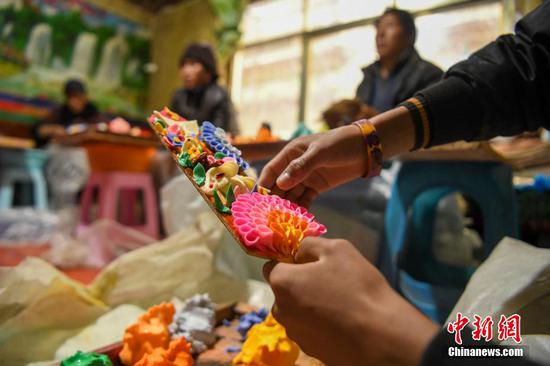

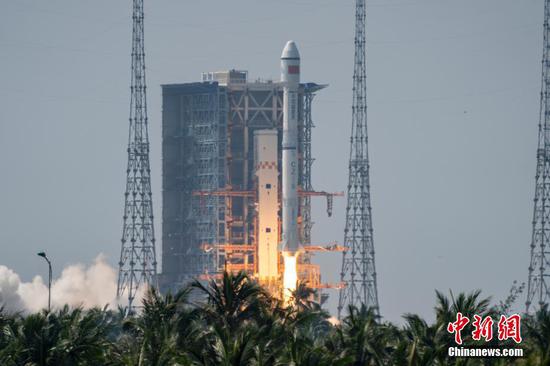
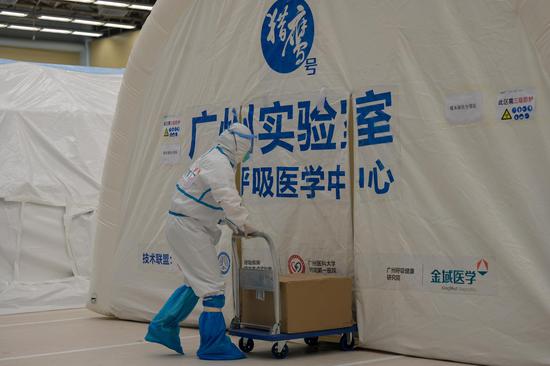
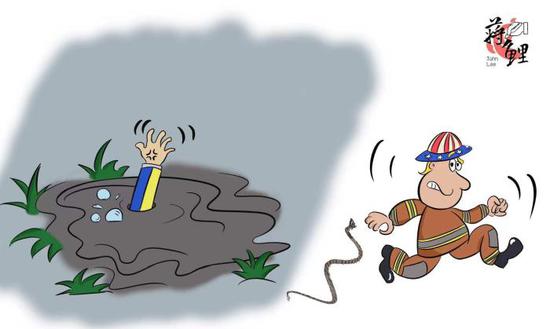


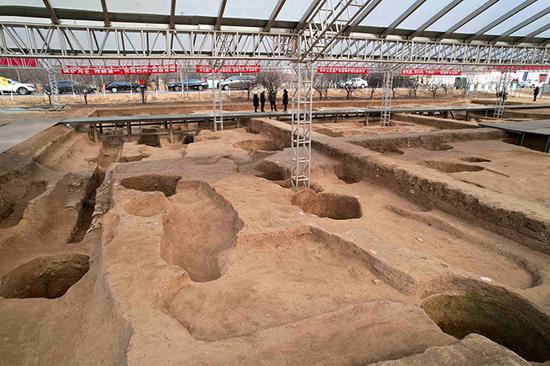
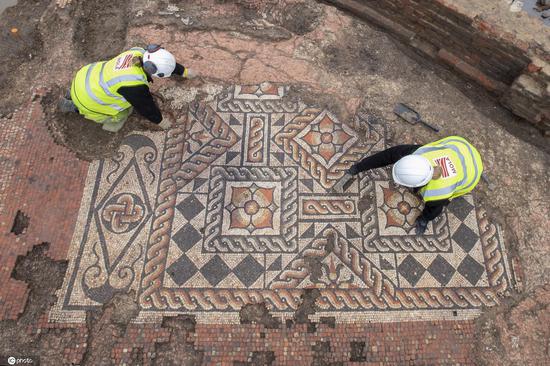
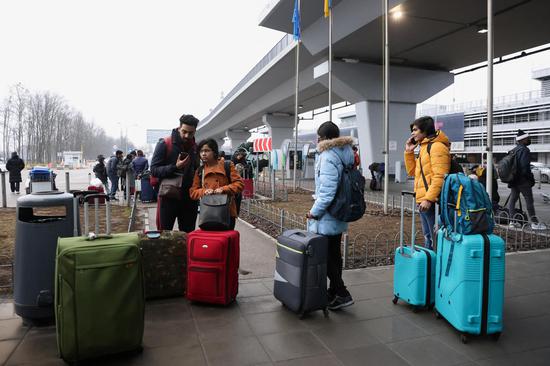

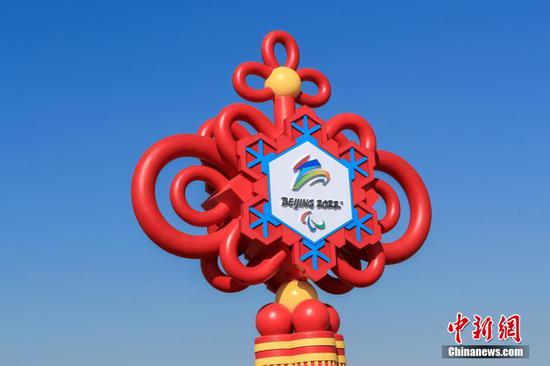
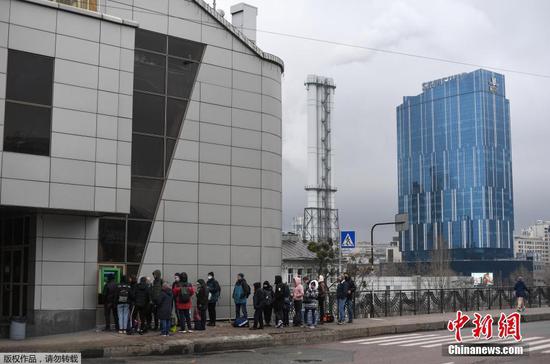
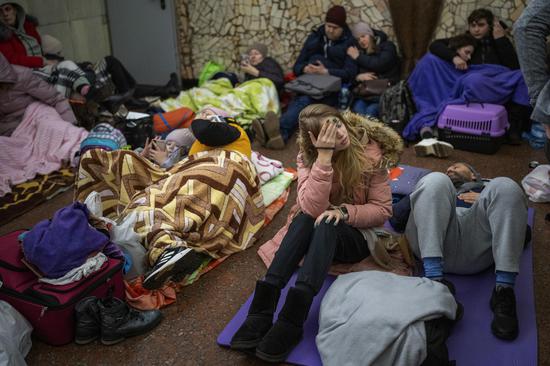


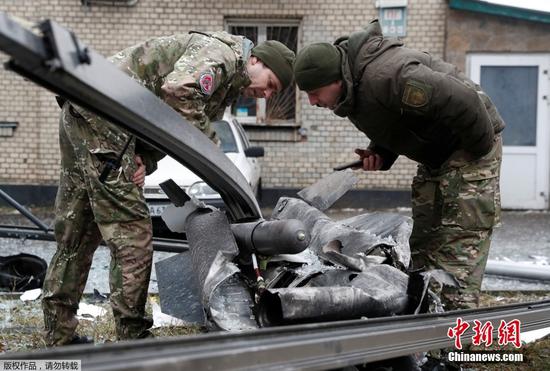
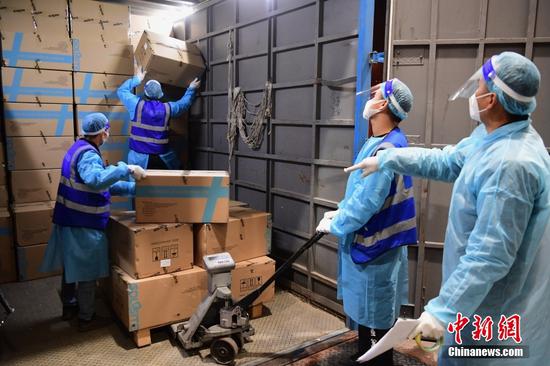


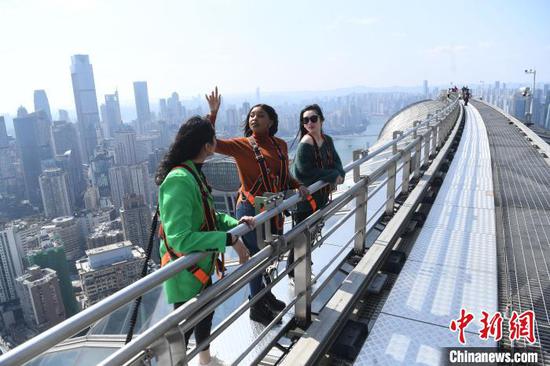

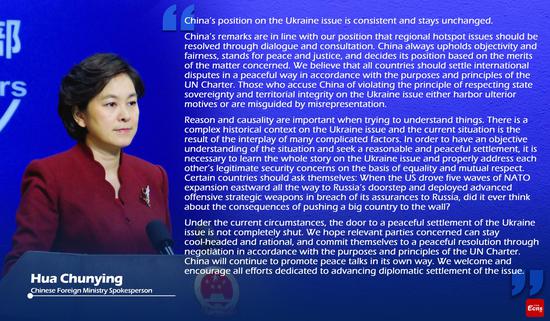
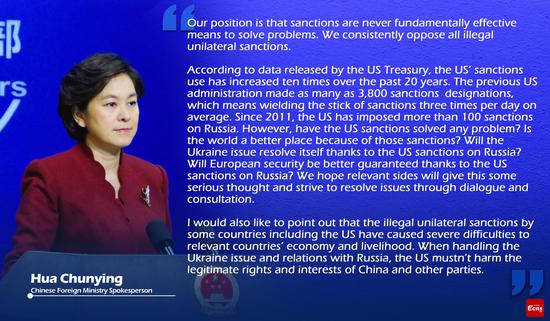
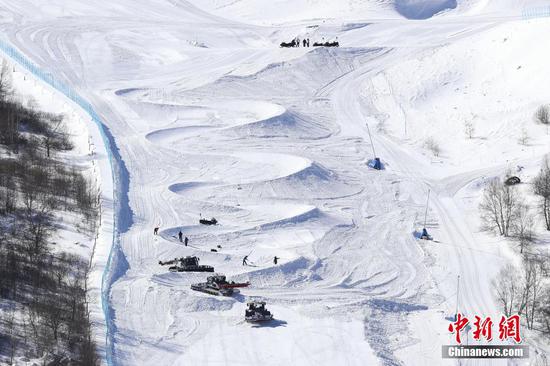
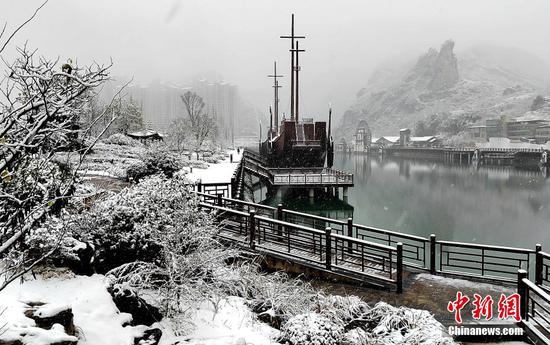
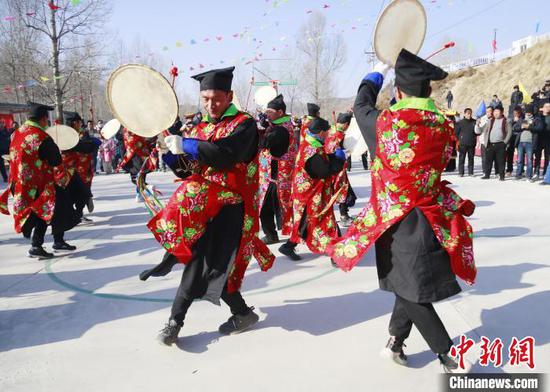


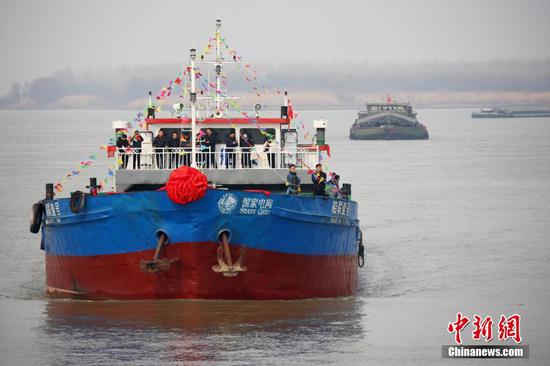
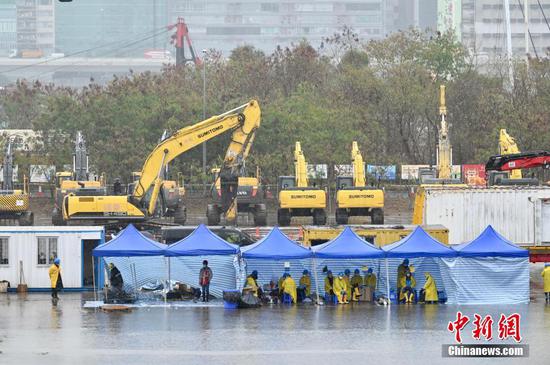



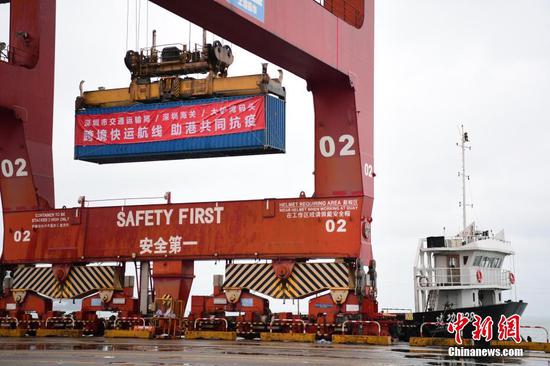





 京公网安备 11010202009201号
京公网安备 11010202009201号